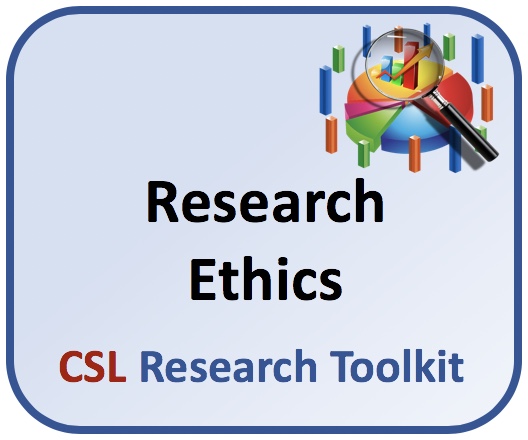
Because research involves human interaction, it is very important to follow ethical guidelines.
General Principles of Ethical Research
There are a number of ethical considerations when conducting research that involves human subjects. Nowhere is this more important than in the context of K-12 schools, where the subjects of our research are children, and where we must also attend to the ethics of the teaching profession and to school district guidelines for protecting the confidentiality of student records and the safety of students.
Here is a brief introduction to the main ethical principles of conducting research.
Fairness and Equity
Based on the scope and the purpose of the research, no subject group of people should be unfairly excluded from participation, nor should any subject group be over-burdened by expectations for participation. Subject attributes such as race and gender should not be the basis for inclusion or exclusion as research subjects unless these attributes are specifically relevant to the purpose of the research.
Consent
Participants in research have the right of informed consent. That consent is given voluntarily and can be withdrawn at any time. Consent must precede data collection, and it must be documented.
Protecting Privacy
Participants in research have a right to expect that the privacy of their personal data will be protected. Researchers are accountable for data protection and privacy. Data should remain anonymous: the way that it is analyzed and shared should not identify individuals, unless that individual has provided consent. For example, it might be useful for a researcher to quote a key informer who they interviewed, as their specific insights might add depth of understanding.
Minimal Risk
Participation in research should include minimal risk to participants. Aspects of minimal risk include equity, consent and privacy. Researchers must also be mindful of all aspects of how the research is conducted. For example, conducting an interview where it can be overheard may put the interviewee at some risk.
Academic Honesty
All principles of academic honesty apply when conducting and reporting on research.
School Board Procedures
Research is an important part of education, and many school boards across Canada have developed guidelines for research conducted internally by its own employees and for researchers external to the organization. School boards typically require external researchers to pass a review by the board’s research ethics committee.
The Durham District School Board in Ontario, for example, provides guidelines and procedures for both internal and external research: DDSB Research Guidelines.
It is incumbent upon anyone doing research in schools to investigate and to follow the guidelines and procedures of the jurisdiction involved.
Canada’s Tri-Council Policy Statement on Ethical Conduct for Research Involving Humans provides detailed information for researchers.
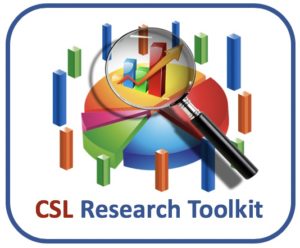 | 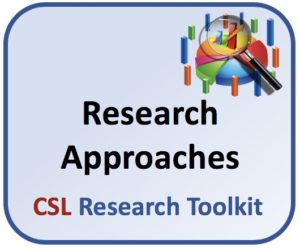 | 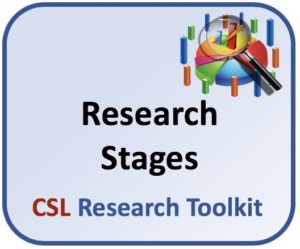 | 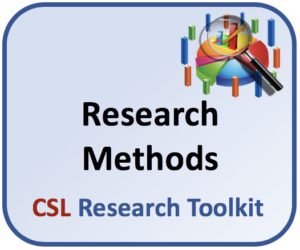 | 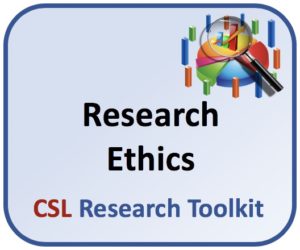 |
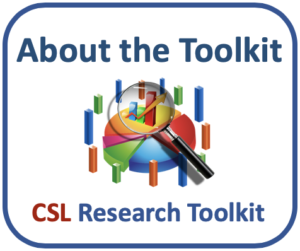 | 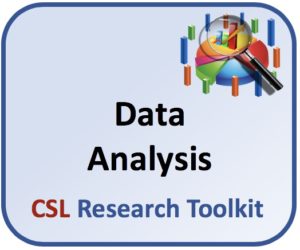 | 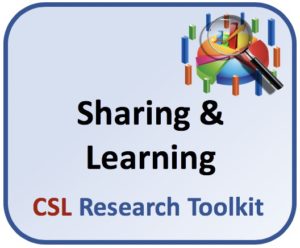 | 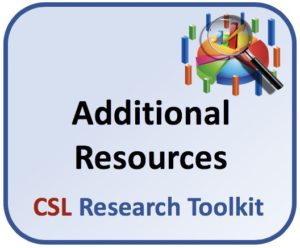 | 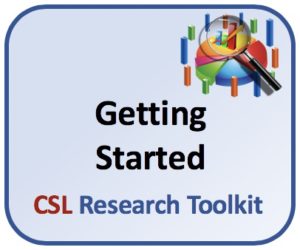 |
